Description
1. Parameter Specifications
- Power Supply: The ICS TRIPLEX T8110B operates on a dual – redundant 24V DC power supply. This redundancy enhances reliability, ensuring continuous operation even if one power source fails. The power consumption is approximately 25 – 30W under normal operating conditions.
- Processor and Memory:
- It features a high – performance processor optimized for real – time control applications. The processor can handle complex algorithms rapidly to manage critical control tasks.
- It has sufficient memory. The program memory stores control logic and configuration data, while the data memory holds real – time process variables and historical records.
- Input/Output Configuration:
- Digital Inputs: There are 32 digital inputs. These can accept signals from various digital sensors like proximity sensors, limit switches, and encoder signals, with an input voltage range of 5 – 24V DC.
- Digital Outputs: It has 16 digital outputs. Each output can drive a load with a maximum current of 2A, suitable for controlling relays, contactors, and high – power solenoids.
- Analog Inputs: There are 8 analog inputs. They can receive signals in the ranges of 0 – 10V or 4 – 20mA, with a 16 – bit resolution for high – precision measurement of physical quantities such as temperature, pressure, and flow.
- Analog Outputs: 4 analog outputs are available, capable of outputting signals in the same ranges as the analog inputs for accurate control of analog – based actuators.
- Communication Interfaces:
- It supports Ethernet communication with TCP/IP protocol for high – speed data transfer and integration into industrial networks. It also has an RS – 485 serial port with Modbus RTU support for local communication with other devices.
2. Applications
- Safety – Critical Industrial Processes: In industries like oil and gas, chemical, and nuclear power, the T8110B is used for safety – critical control applications. It can monitor and control processes to prevent dangerous situations such as over – pressure, over – temperature, and leakage.
- Industrial Automation: In manufacturing plants, it can control and monitor complex production lines. It manages the operation of multiple machines, coordinates material flow, and ensures product quality.
- Power Generation and Distribution: In power plants and substations, it can monitor electrical parameters and control the operation of circuit breakers, transformers, and other power – distribution equipment.
3. Weight and Dimensions
- Weight: The module weighs approximately 2.5 kg.
- Dimensions: The overall dimensions are: length – 220mm, width – 180mm, height – 100mm. Its size is designed to fit into standard industrial control cabinets.
4. Features
- Triple – Modular Redundancy (TMR) (Optional): Some configurations may feature TMR, where critical functions are replicated three times, providing high – integrity control and fault – tolerance.
- High – Precision Measurement and Control: The 16 – bit resolution of analog inputs and accurate analog outputs enable precise measurement and control of process variables.
- Flexible Communication: The support for Ethernet and RS – 485 communication interfaces allows for easy integration with a wide range of devices and systems.
5. Stability and Reliability
- Robust Construction: The module is housed in a sturdy metal enclosure that protects it from dust, moisture, and mechanical vibrations, ensuring stable operation in harsh industrial environments.
- Fault – Tolerant Design: With dual – redundant power supply and optional TMR, it can tolerate faults without significant impact on system performance.
- Quality Assurance: Strict quality control during manufacturing and the use of high – quality components ensure long – term reliability.
6. Real – world Examples
- Offshore Oil Platform: On an offshore oil platform, the T8110B controls the blowout preventer system. It continuously monitors wellhead pressure and other critical parameters. In case of an over – pressure situation, it can quickly activate the blowout preventer to prevent a catastrophic oil spill.
- Nuclear Power Plant: In a nuclear power plant, it monitors and controls the reactor cooling system. It measures temperature, pressure, and flow rate in real – time and adjusts the operation of pumps and valves to ensure the safe operation of the reactor.


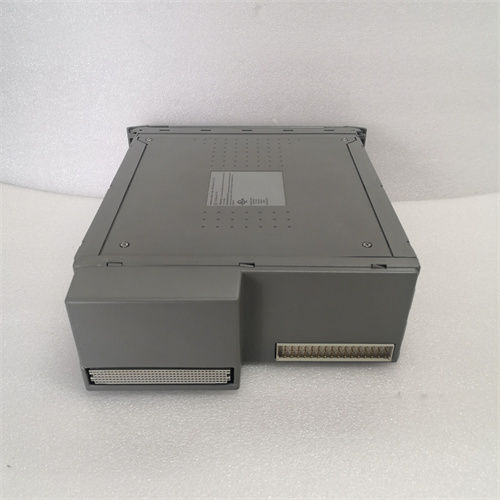
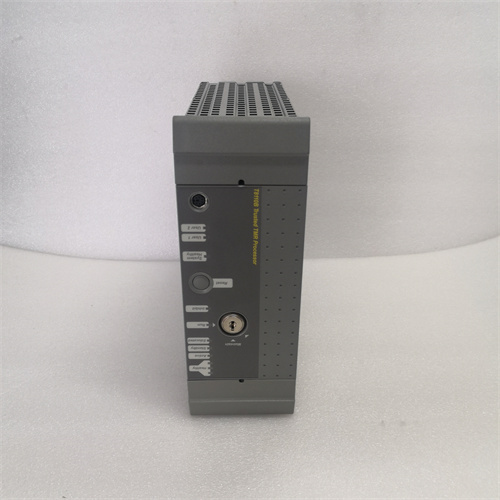
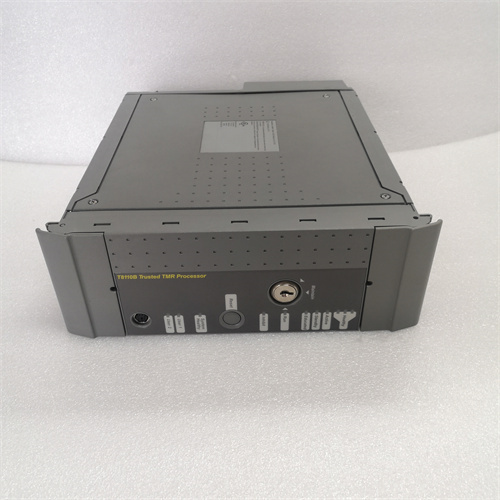
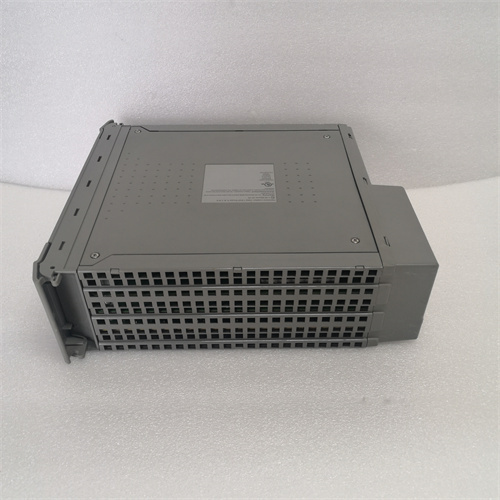
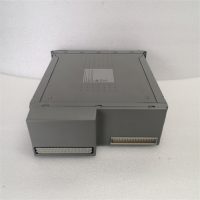
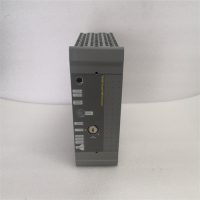
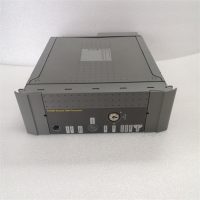
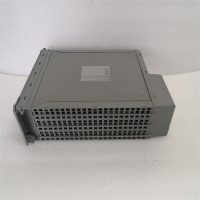
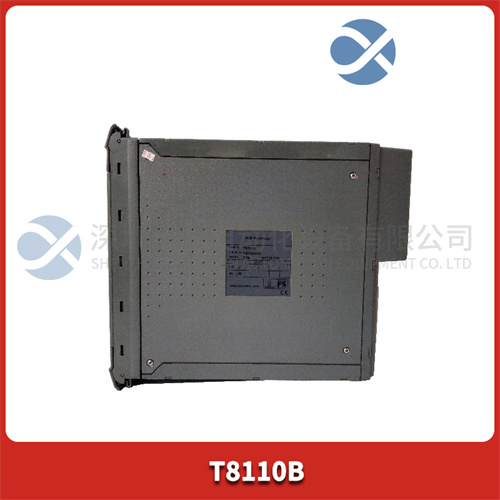
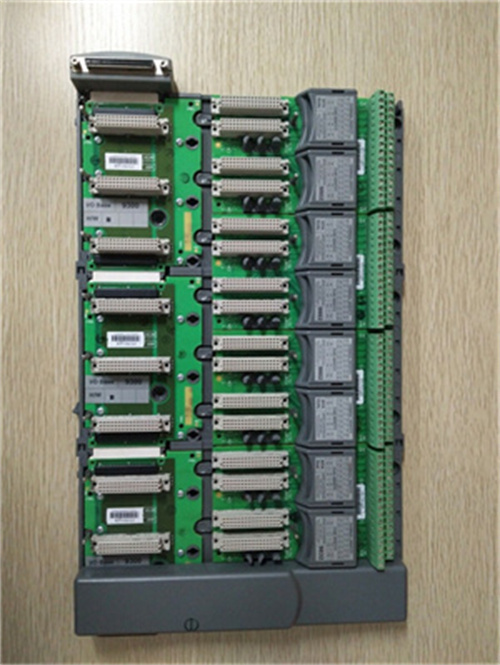
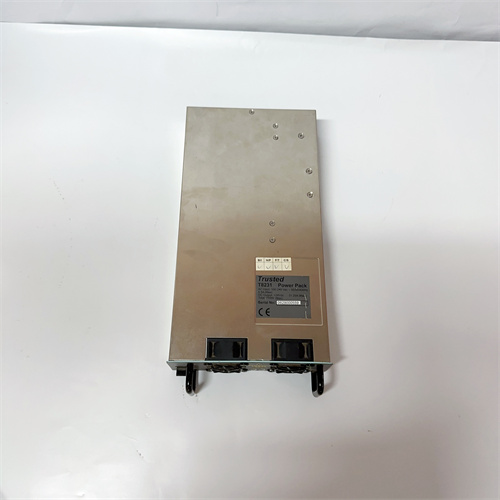
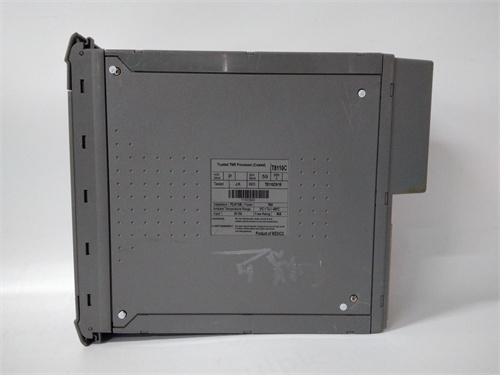

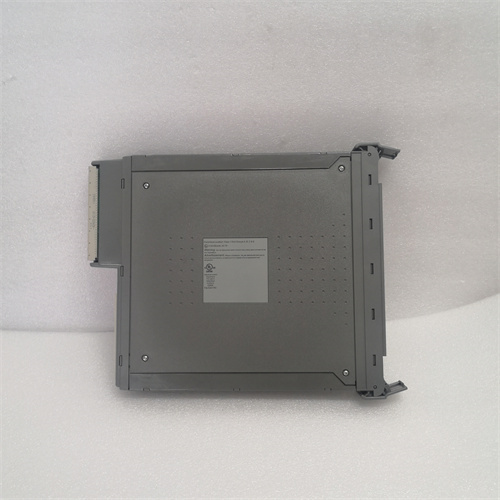
Reviews
There are no reviews yet.